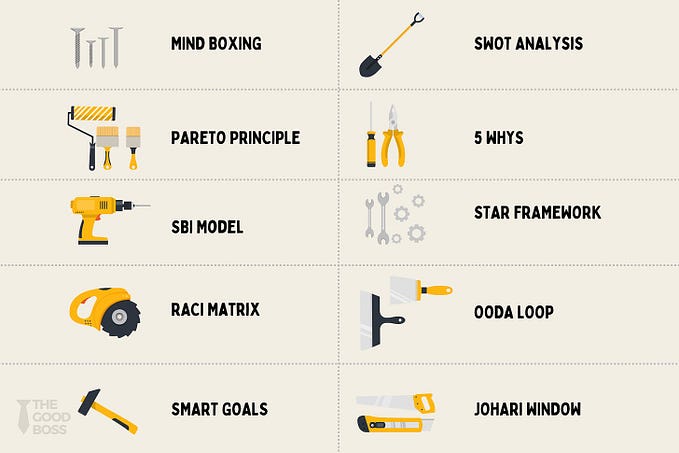What Really Kills Organizational Productivity
I was sitting in a coffee shop on a Thursday afternoon when I overheard two gentlemen talking about work. Not so much about whether client X needed Y, solving a technical problem about a product, or even collaborating on a slide deck. They were deep in discussion about organizational behavior. They went over multiple email and phone communications where they dissected whether the sender was “testing” the receiver, had a hidden message, or had a secondary agenda.
They tried at length — over 2 hours — to divine what these communications were all about. What an incredible waste of time. How many hours a day (whether in the office or remotely) do your employees and teams spend interpreting the meaning behind the meaning of internal communications?
While politics are inherently part of business, time wasted and money lost are typically blamed on inefficiency and lack of productivity. People aren’t working hard enough. They’re slacking off. They’re not really working when they are working from home. This all stems from the perception that people can’t really be trusted to do their jobs without extensive supervision or oversight. (But that’s a debate for another day)
However, I’d argue that wasted time, lack of productivity, inefficiencies, and all the other things that drain a company’s dollars stems from communication and culture. Had these two guys had the ability to communicate openly and ask straightforward questions, those two hours never would have happened. Companies often try to sidestep this issue through teambuilding exercises, office events, or even through promoting their organizational values (which always include communication and an ‘open door policy’). Yet, this doesn’t change behaviors, it only glosses over underlying culture problems.
There’s frequent talk about shaping culture through establishing a common purpose and a sense of community. But when there’s a lack of trust, those things really don’t matter much. Trust is huge. According to a study conducted by the Edelman Trust, 1 in 3 people don’t trust their employer. According to research, this lack of trust costs U.S. companies approximately $450 billion to $550 billion annually.
Trust also goes both ways. Employees need to be able to put trust in their superiors and other executives, while managers and leaders need to be able to trust their teams. Building trust, however, often requires thinking from a new perspective. Trust really isn’t about you. It’s about empowering other people as a result of your presence, and about making sure that the impact of your leadership continues into your absence.
This requires three things — honesty, transparency, and authenticity. Delivering these three means being your true self, focusing on what others need to succeed, paying less attention to what you think people want to hear and more attention to what you need to say to them, and ensuring all communication ends with actual understanding.
People don’t always realize how they’re communicating may undermine their own trustworthiness. People tend to trust when they believe they are interacting with your authentic self, when they have faith in your intentions, and when they feel that you care about them. If the gentlemen in the coffee shop had trusted in their organization, those 2 hours may have actually resulted in something a lot more productive.
About the Author
Andrea’s 25-year, field-tested background provides practical, behavioral science approaches to creating differentiated, human-focused organizations. A 4x ADDY award-winner, TEDx presenter, and 3x book author, she began her career at a tech start-up and led the strategic sales, marketing, and customer engagement efforts at two global industrial manufacturers. She now leads a change agency dedicated to helping organizations differentiate their brands using behavioral science.
In addition to writing and consulting, Andrea speaks to leaders and industry organizations around the world. Connect with Andrea to access information on her book, keynoting, research, or consulting. More information is also available at www.pragmadik.com or www.andreabelkolson.com.
Originally published at https://www.linkedin.com.






